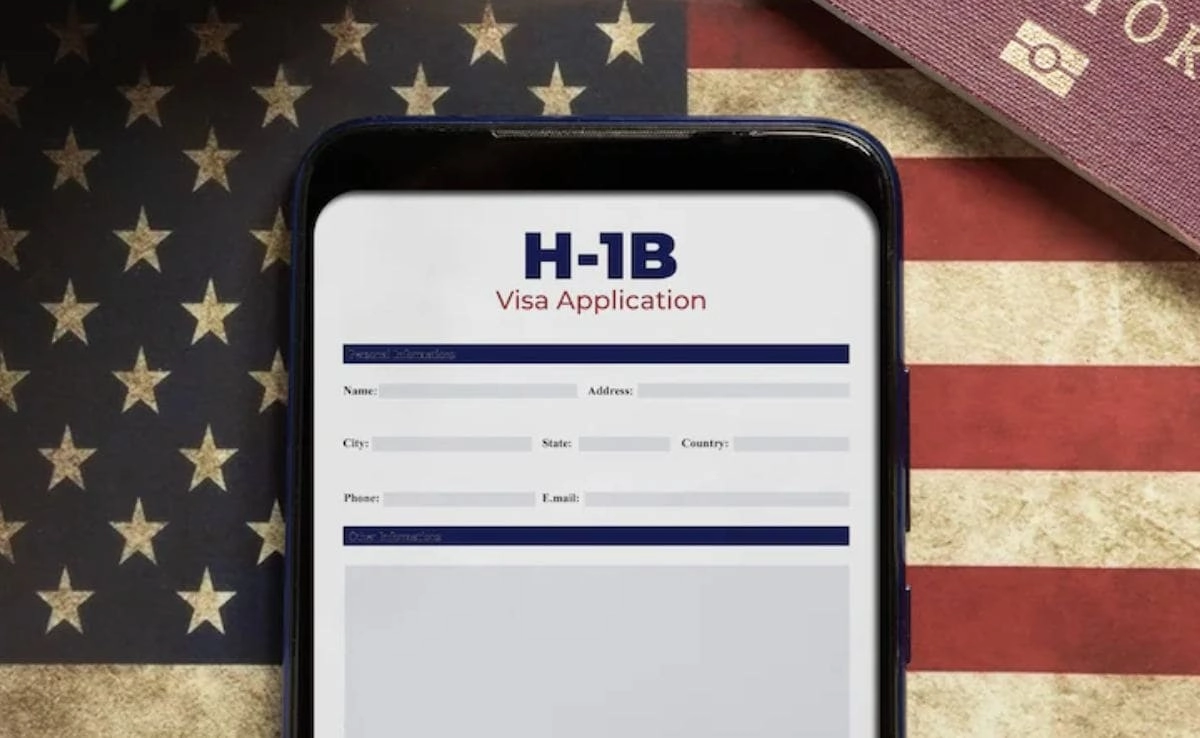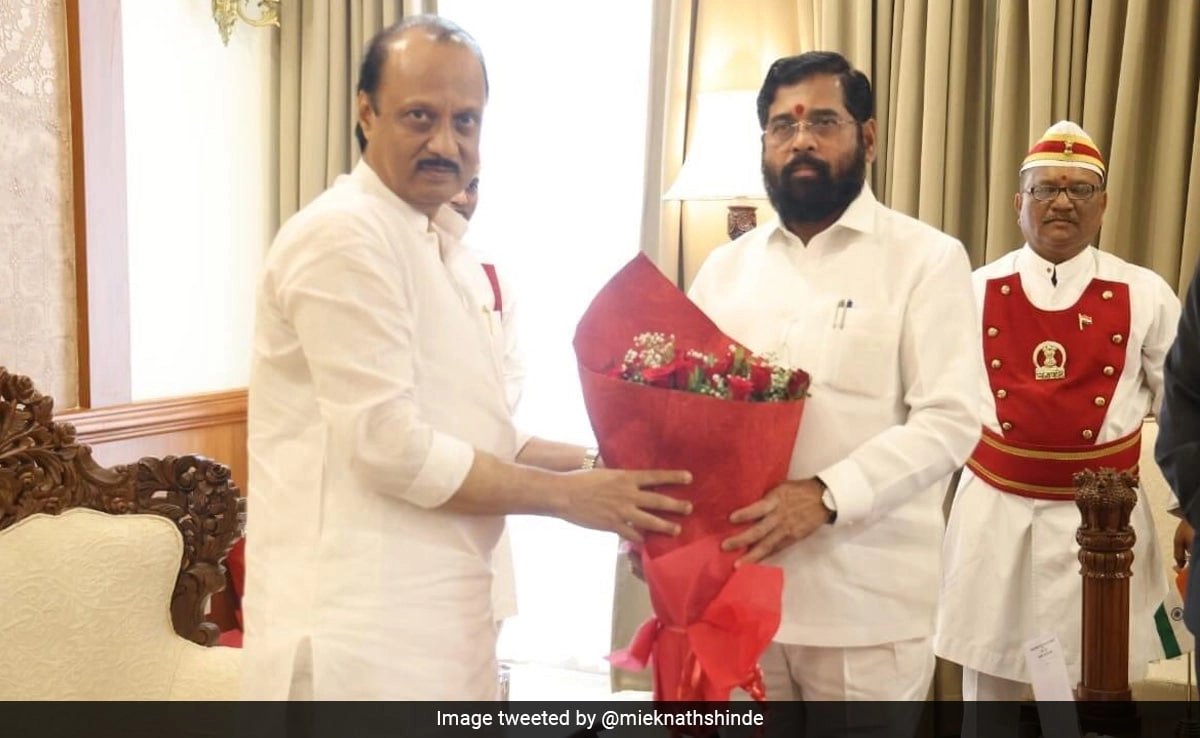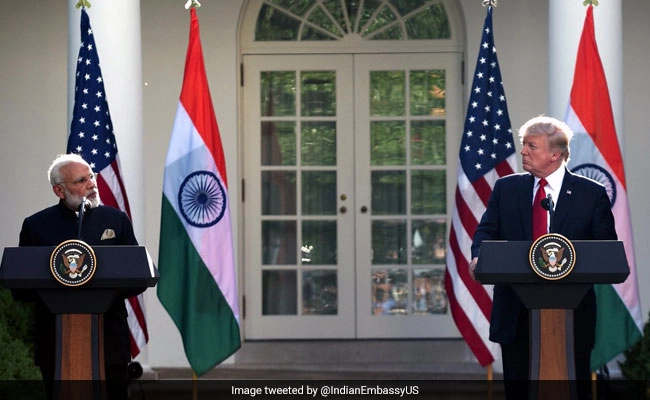The Trump administration has put forth a significant proposal aimed at overhauling the H-1B visa system, which is crucial for many skilled foreign workers seeking employment in the United States. One of the most notable aspects of this proposal is the suggestion to eliminate the current lottery system that determines which applicants are granted these coveted visas. The H-1B visa program is designed to allow U.S. companies to hire foreign workers in specialty occupations, such as technology and engineering, where there is a shortage of qualified American workers. However, the existing lottery system has often been criticized for its randomness and perceived unfairness, as it does not necessarily prioritize the most qualified candidates.
Under the proposed changes, the administration is considering implementing new rules that would prioritize H-1B visa applicants based on their qualifications and the needs of U.S. employers, rather than relying on a lottery system. This shift aims to create a more merit-based process that would benefit companies looking to recruit top talent from around the world while also ensuring that U.S. workers are not overlooked in the process. By focusing on the skills and education level of applicants, the administration hopes to increase the quality of the workforce and enhance the overall competitiveness of the U.S. economy.
The proposed changes have generated a mix of reactions from various stakeholders. Supporters argue that the new rules would create a more equitable system that better aligns with the needs of the labor market and encourages skilled professionals to contribute to the U.S. economy. Critics, however, express concern that such a system could lead to increased bureaucratic hurdles and may inadvertently disadvantage smaller companies that may not have the resources to navigate a more complex application process. Additionally, there are worries that the shift could further limit the opportunities available for foreign workers, which could have broader implications for industries reliant on international talent.
Overall, the Trump administration’s proposal to scrap the H-1B lottery system and introduce new rules represents a significant shift in immigration policy. As the discussion around these changes continues, it remains to be seen how they will ultimately impact the landscape of skilled labor in the United States. The administration’s efforts to reevaluate the H-1B visa program reflect ongoing debates about immigration, economic growth, and the balance between protecting American jobs while fostering a diverse and skilled workforce.




